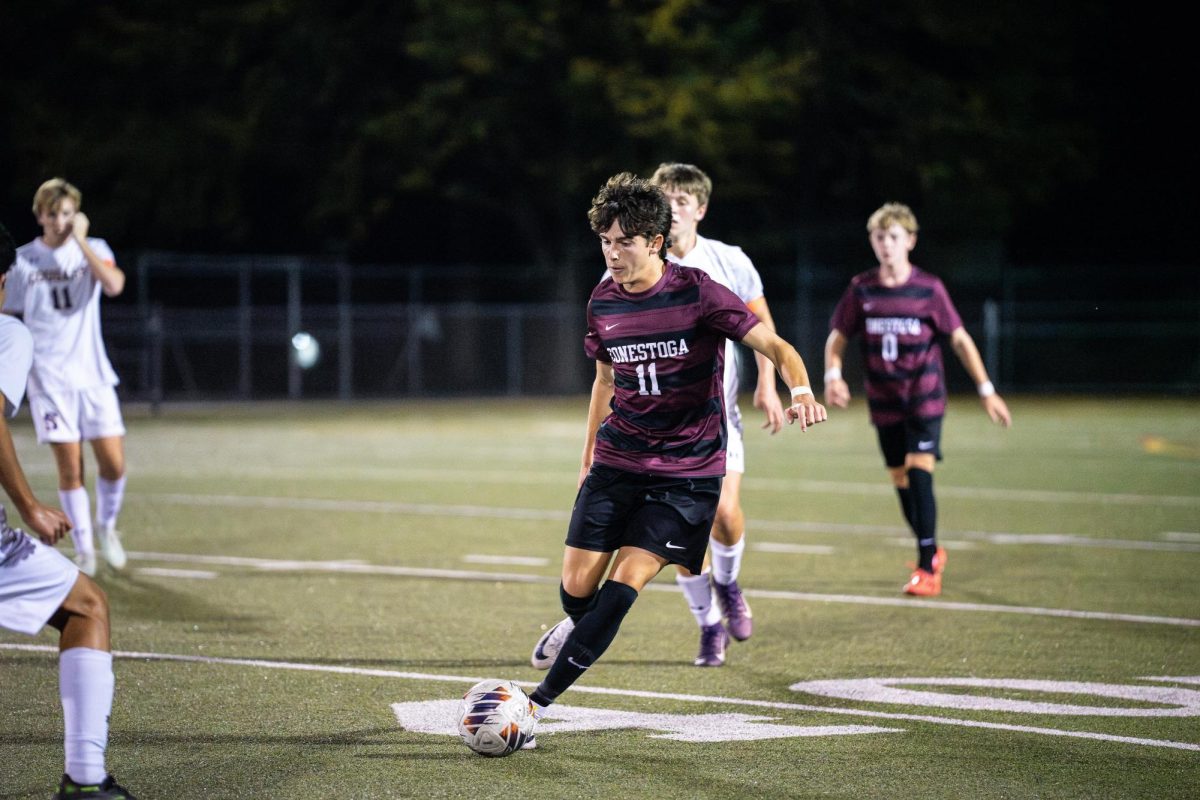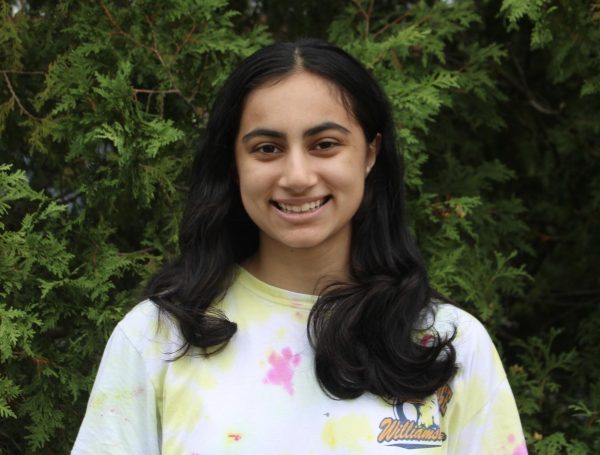By Zara Samdani, Co-Managing Editor
As a participant in the government-sponsored National Security Language Initiative for Youth (NSLI-Y) program, senior Mary McDonald spent six weeks studying Mandarin Chinese in Taipei, Taiwan, during the summer.
McDonald’s journey began with a deep-rooted interest in global affairs. Her involvement in Junior Model UN since seventh grade piqued her interest in exploring different cultures and learning foreign languages. After hearing about the NSLI-Y program from a friend, she decided it was the perfect opportunity to fulfill this aspiration.
“I’ve always been interested in language learning. I think (NSLI-Y) sparked more interest for me, but I’ve always enjoyed it,” McDonald said.
In September 2023, McDonald began the application process for the NSLI-Y program. After considering NSLI-Y’s seven options, she selected Mandarin Chinese as her target language.
Following a rigorous selection process that included interviews and short-answer questions, McDonald was thrilled to learn in March 2024 that she had been chosen to participate in the program. Through NSLI-Y, she joined a group of 24 students from across the nation to study Mandarin in Taipei, Taiwan.
Arriving in Taipei with a limited understanding of the language and culture, McDonald quickly adapted to her new surroundings. She found that the program was designed to accommodate students of varying language backgrounds, creating a supportive and inclusive environment.
“We had a whole range of language proficiency — we had someone who was almost fluent, who had been studying their whole life. And we had some people who had never spoken (Mandarin) before,” McDonald said.
Upon arrival, a host family that consisted of two parents and their 8-year-old daughter greeted McDonald.
“I loved my host family. They’re like my second family (and were) absolutely amazing,” McDonald said. “They were super welcoming, super inviting, and I loved them so much.”
McDonald followed a typical daily routine, waking up at 8 a.m. to enjoy breakfast with her host family. Alongside her cohort, she attended intensive language classes at a local university. With an emphasis on writing, conversational speaking and reading, the seven-hour classes provided McDonald with exposure to the Mandarin language.
In the afternoon, McDonald explored the landmarks, visited local markets and practiced her conversational skills with her host family.
“My host dad would get home at 5 p.m.,” McDonald said. “A lot of people don’t cook in Taiwan — we cooked maybe twice a week — because there’s so many food options everywhere in the city. There was food everywhere, and it was super cheap and convenient, so we ate out a lot.”
Despite the language barrier, McDonald found that adapting to Taiwanese culture was rewarding.
“It was difficult to navigate everyday tasks like ordering coffee or asking for directions,” she said. “It was sometimes frustrating, but it forced me to think critically and communicate effectively.”
Through her experiences, McDonald gained a newfound appreciation for Taiwanese culture. She realized that the country’s portrayal in Western media often falls short of capturing its true essence.
“Before the trip, my understanding of Taiwan had been limited by what’s portrayed by Western media, but I think afterward, I really understood the political landscape, the language and culture on a new level,” McDonald said. “I think every student should have the opportunity to study abroad because truly, it’s a lifelong, transformative experience.”
Zara Samdani can be reached at [email protected].





















































































